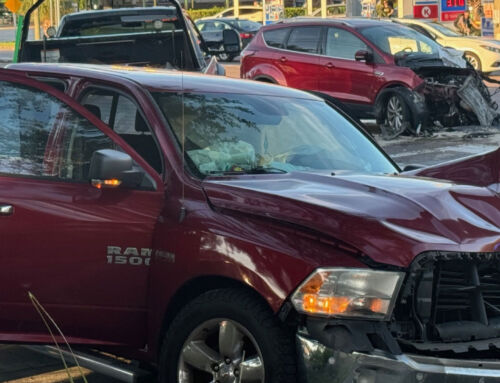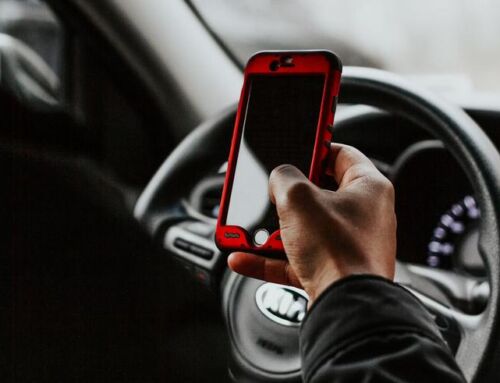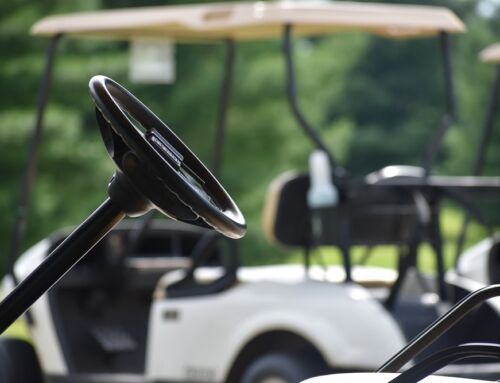As the technology around self-driving vehicles continues to progress, engineers find it increasingly difficult to perfect their solutions. One of the common findings is that humans make driving look much more effortless than it is. When someone is driving, their eyes and brain take in and decipher tons of information to make split-second decisions. The skills needed to drive come almost naturally to humans, but for self-driving vehicles, the task is proving more difficult than some had thought. This immense amount of processing that a human does when driving is vital to keeping people safe on the roads. Accidents are inevitable when a medical emergency stops someone from processing that information. People often wonder who was at fault for something that seems no one could have prevented.
In Patrick v. Henthorn, Indiana Court of Appeals Case No. 21A-CT-1436, Henthorn lost consciousness while operating her motor vehicle and crashed into Patrick. Henthorn was only unconscious for a few moments, but that was enough to cause serious injuries. Patrick suffered property damage and personal injuries due to the car crash and sued Henthorn to compensate for the damages. The question for the court was, did Henthorn act negligently in crashing her car into Patrick’s vehicle?
Henthorn claimed that her medical emergency, losing consciousness, barred her from breaching her duty to other drivers on the road. Patrick then bore the burden to prove that Henthorn’s medical emergency was foreseeable and that Henthorn acted negligently by getting behind the wheel in the first place. Henthorn was diagnosed with ornithine transcarbamylase, also known as OTC, in 1965, while she was twelve years old. Since being diagnosed, Henthorn has taken medication and watched her diet to ensure she does not consume too much protein. In the case where she does, Henthorn suffers severe headaches and dizziness and gets close to passing out. Henthorn is typically not affected by her OTC and rarely suffers from any symptoms. Henthorn testified that she had not had an episode in over ten years and felt normal the morning of the accident. The court ultimately found that Henthorn’s condition had been well controlled over the years and that her medical emergency was not reasonably foreseeable. The court affirmed Henthorn’s motion for summary judgment.
The case poses a serious question of whether an unexpected outage in a self-driving cars processing would be held to the same standard Henthorn was.
If you or a loved one have been affected by an accident or death, contact an experienced Indiana accident attorney at Hurst Limontes, LLC. We have decades of combined experience fighting for our clients in any number of personal injury claims. Call 317-636-0808 or email us for a FREE and confidential consultation.





